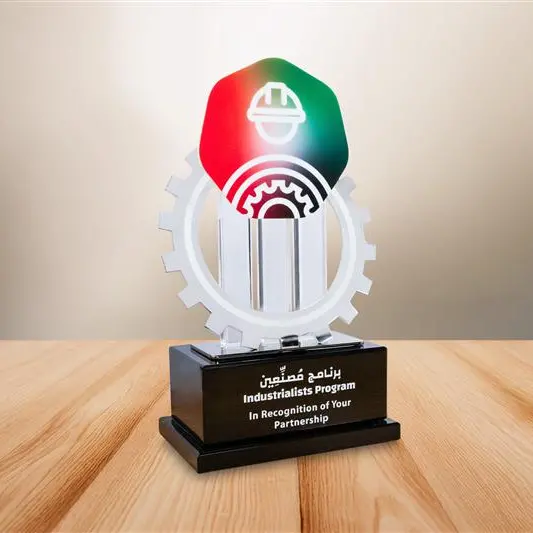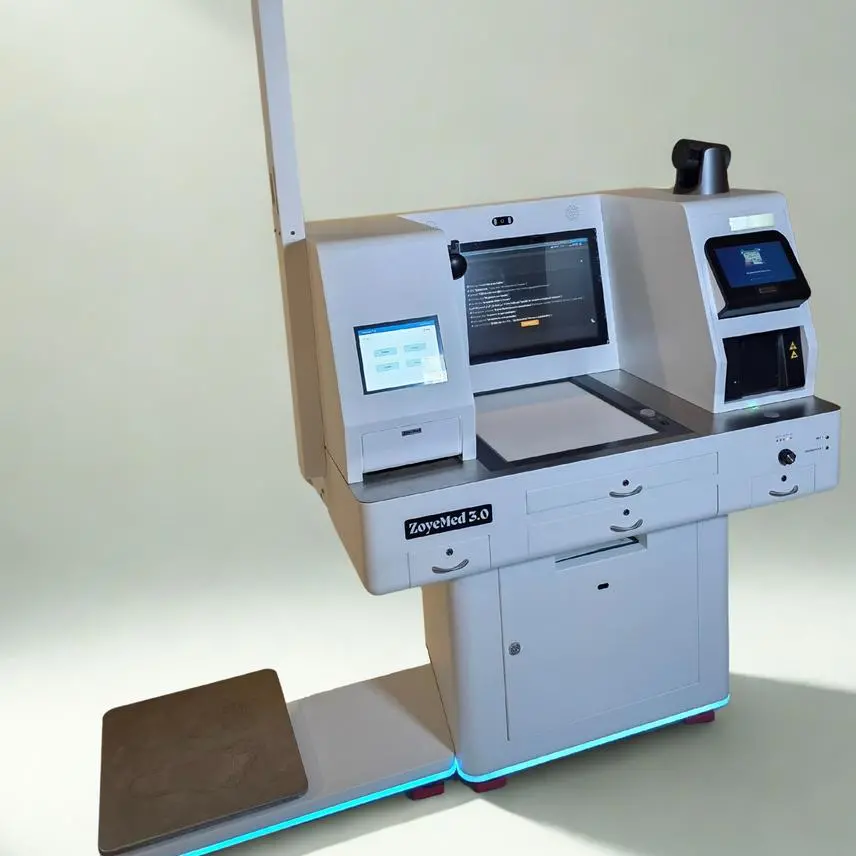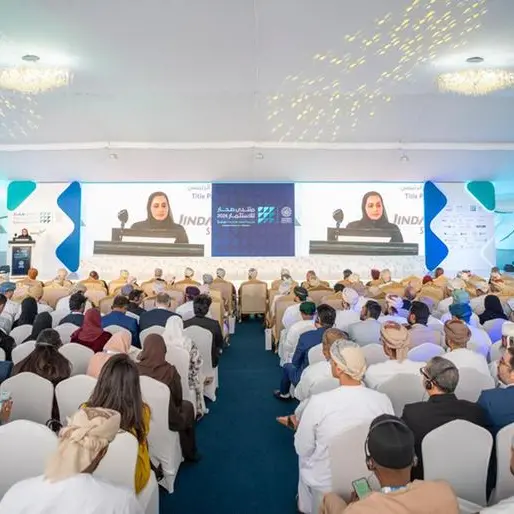The startup plans to use the funding to begin shipping its own range of optical and coloured contact lenses directly to consumers across the UAE, with deliveries scheduled to begin later this year.
Hopi’s subscription model ensures consumers can receive high-quality prescription lenses to their door, at a fraction of the cost of branded retail lenses, said co-founders Kristian Stinson and Charles Wright.
“Contact lenses can be costly, so many GCC residents choose to buy them in bulk abroad rather than purchase them locally,” said Stinson. “Hopi aims to remove the barriers to buying with on-demand delivery of premium and reliable lenses to consumers across the region.”
The lenses are produced in partnership with Taiwanese optics manufacturer Pegavision.
In March, Hopi ran a lead generation campaign to gauge market demand amongst UAE customers. The campaign, which offered consumers a discounted supply of lenses in exchange for their early sign-up, secured more than 19,000 subscribers in less than two weeks.
“The results surpassed our expectations and prompted us to seek seed funding rather than bootstrap the business,” said Wright. “There is clear demand for both our model and product.”
Less than six months after the idea was conceived, Hopi completed its seed funding round with investment from Esanjo Ventures, which is led by former JadoPado chief executive Omar Kassim. The deal represents one of Kassim’s first external investments following the acquisition of JadoPado by Dubai billionaire and Emaar Properties chairman Mohamed Alabbar in 2017
Hopi’s cofounders initially consulted with Kassim in February, when the startup was at inception.
“Given his track record, we were delighted at the prospect of partnering with Omar. We knew immediately that he and Esanjo Ventures would be an ideal fit for our company,” said Stinson.
“We’re super excited about working with both Kristian and Charlie to bring a new, direct-to-consumer e-commerce concept to market,” said Kassim. “Contact lenses are a great, high repeat category and we see lots of adjacent opportunities to expand into in the near future.”
Hopi will use the investment to fund its launch in the UAE and to build market share, Stinson said. The company plans to expand into Saudi Arabia and other Gulf markets over the next 18 months.
-Ends-
Hopi is a direct-to-consumer subscription contact lens brand, which is based in Dubai. For further information, images, or to request an interview with the founders, please email kristian@behopi.com or charles@behopi.com .
Esanjo Holdings is a Dubai-based trading, investment and technology company. For further information, please visit www.Esanjo.com .
© Press Release 2019Disclaimer: The contents of this press release was provided from an external third party provider. This website is not responsible for, and does not control, such external content. This content is provided on an “as is” and “as available” basis and has not been edited in any way. Neither this website nor our affiliates guarantee the accuracy of or endorse the views or opinions expressed in this press release.
The press release is provided for informational purposes only. The content does not provide tax, legal or investment advice or opinion regarding the suitability, value or profitability of any particular security, portfolio or investment strategy. Neither this website nor our affiliates shall be liable for any errors or inaccuracies in the content, or for any actions taken by you in reliance thereon. You expressly agree that your use of the information within this article is at your sole risk.
To the fullest extent permitted by applicable law, this website, its parent company, its subsidiaries, its affiliates and the respective shareholders, directors, officers, employees, agents, advertisers, content providers and licensors will not be liable (jointly or severally) to you for any direct, indirect, consequential, special, incidental, punitive or exemplary damages, including without limitation, lost profits, lost savings and lost revenues, whether in negligence, tort, contract or any other theory of liability, even if the parties have been advised of the possibility or could have foreseen any such damages.



















